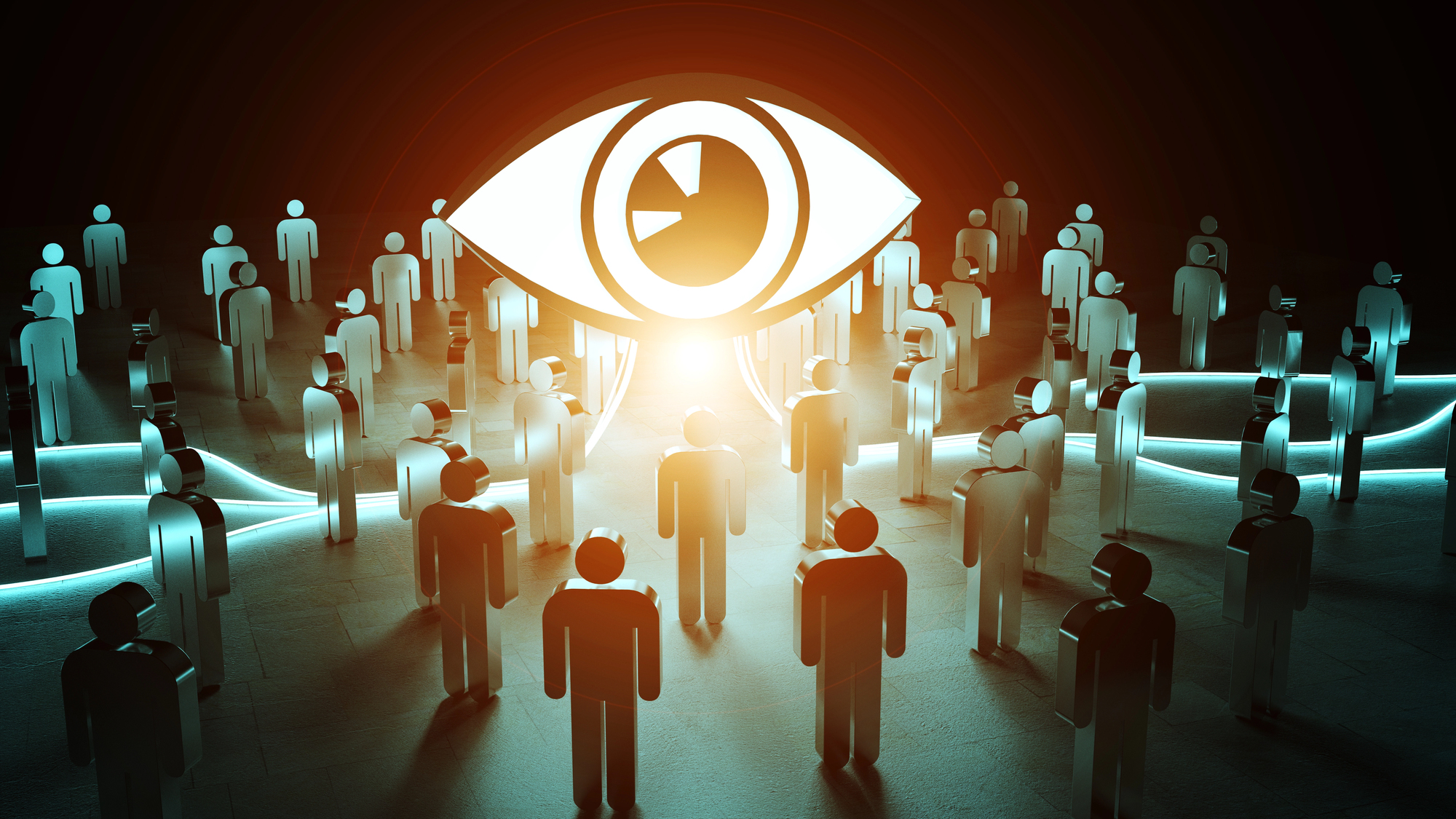A Guide to Predicting the First AI-Generated Music Hit of 2025

The rapid acceleration of artificial intelligence is reshaping industries, and the creative arts are no exception. Music, an art form deeply rooted in human emotion and expression, stands at a fascinating crossroads. While AI has been used behind the scenes in music production for years (think mastering tools or recommendation algorithms), the prospect of AI generating a bona fide chart-topping hit song is moving from science fiction to plausible reality. As we look towards 2025, the question isn’t if AI will contribute significantly to a hit song, but when and how.
Defining “AI-Generated”: A Spectrum of Involvement
Before predicting a hit, we must clarify what “AI-generated” means in this context. It’s unlikely the first major hit will be composed, performed, and produced entirely by an AI with no human intervention. Instead, we’re looking at a spectrum:
- AI as a Tool
- AI as a Collaborator
- AI as the Primary Creator
For 2025, the most probable “first AI hit” will likely fall into the AI-as-collaborator category, potentially marketed with the AI’s contribution as a key feature or novelty.
What Constitutes a “Hit” in the Modern Music Era?
The definition of a “hit” has evolved. While Billboard charts and radio airplay still matter, the digital landscape dominates. Key metrics to watch include:
- Streaming Velocity: Massive numbers on Spotify, Apple Music, YouTube Music, etc., within the first few weeks of release.
- Virality: Explosive popularity on short-form video platforms like TikTok or Instagram Reels, often driving trends and challenges.
- Playlist Placement: Inclusion on major curated playlists (e.g., Spotify’s “Today’s Top Hits”) significantly boosts visibility.
- Cultural Resonance: Does the song become part of the conversation, used in memes, covered by other artists, or synced in popular media?
An AI-generated song must achieve significant traction across several of these metrics to be considered a genuine hit.
Key Factors for Predicting the AI Music Breakthrough
Identifying the potential first AI hit involves monitoring several key areas:
1. The Human Element and Artist Collaboration:
Paradoxically, the first AI hit will likely need a strong human connection. An established artist experimenting with AI tools provides instant credibility and a built-in audience. Think of a major pop star or producer openly using an AI collaborator for a single. This narrative is compelling and helps bridge the gap for listeners wary of purely machine-made music. Alternatively, a song generated by a lesser-known or anonymous AI project could break through if championed by influential curators or labels.
2. Musicality, Emotion, and Catchiness:
Technology aside, a hit song needs to resonate emotionally and be memorable. The AI must generate (or help generate) compelling melodies, infectious hooks, relatable lyrics (or evocative soundscapes), and high-quality production. It needs to feel good to listen to. Early AI music often felt technically proficient but emotionally sterile. The models are improving, learning the patterns that trigger emotional responses in listeners. Look for AI outputs that demonstrate genuine musicality, not just complexity.
3. Novelty Balanced with Familiarity:
The song needs to sound fresh, perhaps leveraging AI’s ability to blend genres or create unique sonic textures. However, it can’t be too alien. Successful hits often innovate within familiar structures. An AI hit might introduce novel sounds or arrangements while adhering to recognizable song structures (verse-chorus-bridge) and harmonic conventions. The “AI-ness” could be a hook in itself, but the underlying music must be accessible.
4. Platform Power and Strategic Promotion:
How the song is released and promoted is crucial. Will a major label back an AI-assisted track? Will tech companies like Google, OpenAI, or Stability AI (or specialized AI music startups) partner with distributors to push their creations? A viral surge on TikTok, powered by its algorithm favoring novel content, is a highly plausible route. Strategic playlisting and influencer marketing will be essential.
5. The Narrative and Marketing Angle:
The story behind the song matters. Is it “the song written by the world’s most advanced AI”? Is it a famous artist’s “dialogue with technology”? How the AI’s role is framed – as a revolutionary tool, a creative partner, or a novel gimmick – will influence public perception and media coverage.
The 2025 Horizon
Why 2025? AI music generation technology is advancing exponentially. Models are becoming more sophisticated in understanding music theory, emotional expression, and production techniques. Simultaneously, artists and labels are increasingly open to experimentation. The convergence of improving tech, industry curiosity, and the ever-present search for the “next big thing” makes 2025 a prime window for the first AI-assisted song to capture the public imagination and dominate the charts.
Predicting the exact song is impossible, but by monitoring collaborations between artists and AI developers, tracking the musical quality of AI outputs, observing platform promotion strategies, and understanding the evolving definition of a hit, we can certainly identify the conditions and contenders that make an AI-generated music sensation in 2025 not just possible, but probable. The future of music is tuning up, and AI is undeniably part of the orchestra.







